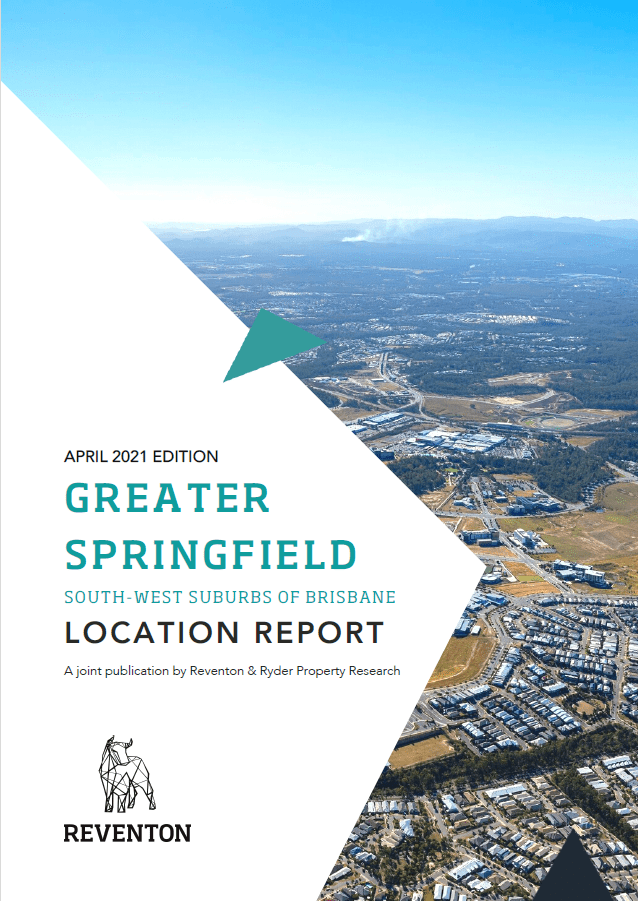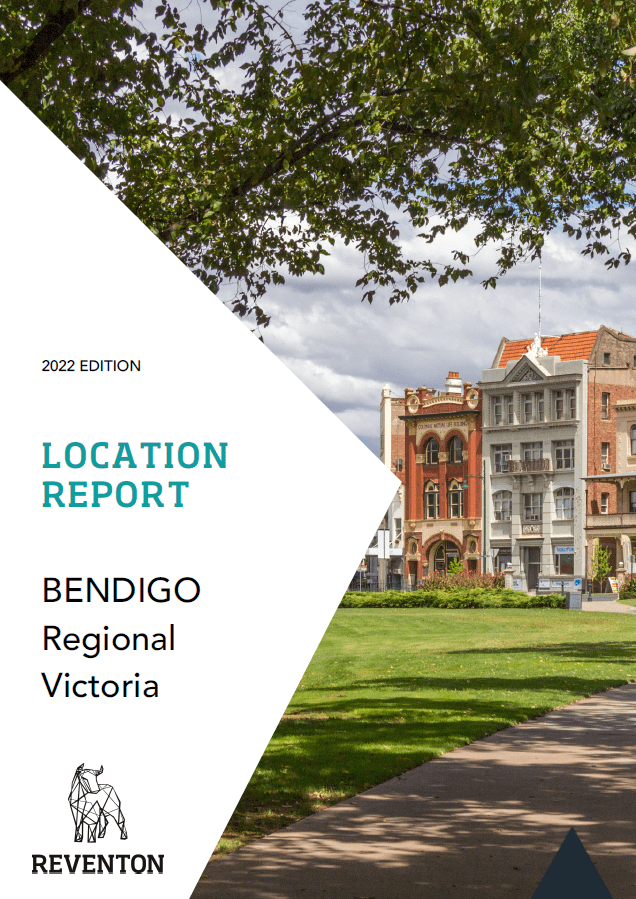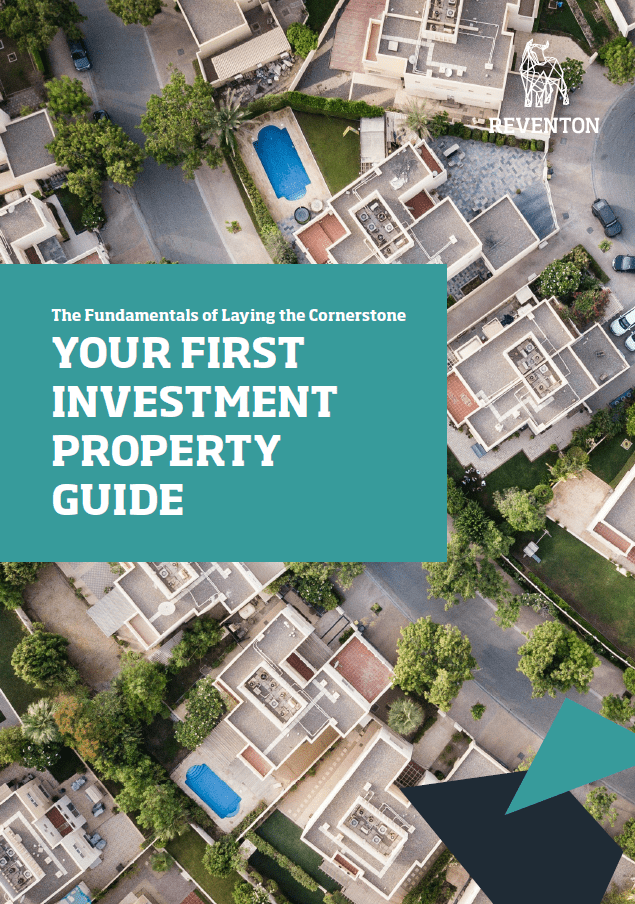Home Loan Comparison
At the start of November, the Reserve Bank of Australia slashed interest rates to a record low of 0.10%. What this means for you as a borrower is that you can find a better deal for your mortgage. Before you start shopping to refinance your mortgage, we’ve made a list of four things that you should look out for when undertaking home loan comparisons. Your savings could be in the thousands so read on.
The four most important metrics for home loan comparison are:
-
- Interest rates
- Loan features
- Lender policies
- Fees and charges
1. Interest Rates
The interest rate of your home loan matters – a lot. It matters, because a small move in your interest rate can add up to big dollars over the long term. So, it’s worth it to negotiate a better deal.
What is the difference between fixed rate and variable rate?
As the name suggests, a fixed rate loan has a guaranteed fixed interest rate for an amount of time that you have agreed on, usually between one to five years. At the end of the loan, you have the option to fix your loan again at the new rates or roll over to a variable rate.
The interest rate on a variable rate loan will change throughout the life of the loan based on external economic factors, like the recent interest rate cut.
There is also a third option that allows you to split your total borrowing amount into two loans, one fixed and one variable.
Which one is the better option – fixed rate or variable rate?
There is no right answer to this question because it depends on your personal circumstances. For example, if you’re planning to sell your property in the next few months, a fixed loan probably isn’t right for you.
When comparing variable versus fixed rate, you’re choosing between flexibility and certainty. Variable home loans are more flexible but provide less certainty whereas fixed home loans can help you make an accurate budget but offers little in the way of freedom and choice.
A popular option that a lot of Australians choose is a combination of the two. This allows you to lock in a fixed interest rate on a portion of your loan, while the remainder is on a variable rate.
What is comparison rate? Is it really important to look at this?
All lenders are required by law to display a comparison rate along with the interest rate they offer on home loans. The comparison rate essentially reflects the true cost of the loan and includes not only the interest charged on the loan but also includes the ongoing fees and charges associated with the loan. However, it does not include any government charges or termination costs.
While it is important to look at the comparison rate, practically it is not as accurate as it sounds. You will most likely be refinancing your loan every two to five years and the comparison rate is calculated over the entire term of the loan. So, it makes sense to calculate the true costs that you will incur over the next few years rather than for the next 20 or 30 years. A good mortgage broker will help you calculate this rather than just selling you a product with the cheapest advertised rate as often that may not be the best option for you.
2. Loan features
While interest rate is the most important feature when choosing a home loan, look out for these other features that could help you save money and pay off your home loan sooner.
- Offset account: An offset account is a transaction account linked to your home loan into which you direct your income and use for your daily expenses. Any money you carry in the account is offset against your home loan balance, so that you end up paying less interest on your home loan while still having easy access to your money.
- Extra repayments: With this feature, you have the ability to make extra repayments into your loan on top of the minimum loan repayment. Extra repayments can be made on a regular basis by changing the amount that the banks direct debit from your account. Alternatively, you can make extra repayments basis by transferring money whenever you have it available, for e.g., when you get a bonus. Extra repayments are often not available with fixed rate loans.
- Redraw facility: A redraw facility gives you the power to withdraw any additional repayments which were made on top of the minimum loan repayment amount. This is a great way to build equity or to save for a holiday or car in your loan account rather than in your savings account. When combined with an offset account, you could end up saving a significant amount of money. However, note that some lenders may charge a redraw fee for each withdrawal you make and in the case of fixed rate loans, redraw is often not available.
- Repayment frequency: You can adjust how frequently, i.e., weekly, fortnightly or monthly, you would like to make your repayments to match your pay day. It’s always a good idea to pay fortnightly compared to monthly as this way you’ll end up paying more over the year (26 fortnights versus 12 months) without compromising on your lifestyle.
- Repayment holiday: You can take a repayment holiday for up to six months in case your circumstances change, for e.g., if you lose your job or go on maternity leave. However, the interest does keep adding during this period so it is best to use this feature as a last resort.
- Interest only: This feature allows you to make the repayments on the interest portion of your loan for say the first five to seven years. This option is popular with first home buyers, as this will reduce their repayment amount, and investors since they may get tax benefits.
3. Lender policies
All lenders have their own policies, so you need to find a lender that offers the best options for your circumstances. For example, if you are a business owner or contract worker, only some lenders may be willing to approve your application.
The other common policy is to do with the loan to value ratio (LVR) which, as the name suggests, is the ratio between the loan amount and property value. Most lenders will approve an application with an LVR of 80% or more. However, if your deposit amount is less than 20% of the property value, certain lenders may still be willing to lend you money. They would generally require you to purchase Lender’s Mortgage Insurance (LMI) to cover them for taking the extra risk.
A good mortgage broker will have the knowledge about the products offered by various lenders and will help you find the right one for you.
4. Fees and charges
While interest is the biggest contributor to the cost of a home loan, you need to be aware of other fees and charges associated with your mortgage as they can often run into hundreds of dollars a year. Here’s a list of some of the most commonly charged loan fees that you should take into account:
- Loan application/establishment fee: This is a one-off fee charged for setting up your loan and varies from lender to lender.
- Property valuation fee: Some lenders charge this fee to get your property valued by a professional valuer. This usually costs between $200-$600.
- Government charges: You should budget for government charges like stamp duty (which runs into thousands if you aren’t a first home buyer) and mortgage registration fee. These fees may depend on the state in which the property is located as well as the value of the property and are the same irrespective of which lender you go with.
- Legal fee: When you buy a new property, you will require the services of a solicitor or conveyancer to look over the settlement and property contracts. Legal fees generally range from $500 to $3000.
- Lender’s Mortgage Insurance: If your loan amount is more than 80% of the property value then your lender will most likely ask you to take out LMI to protect themselves in case you are unable to repay the loan. This can vary between $2,000 to $30,000 based on your LVR and property value and can be capitalised (i.e., added to loan amount) in most cases.
- Ongoing fees: Based on the product you have chosen, there may be ongoing monthly or annual fees associated with administering your mortgage. This could vary between $100-$700 and may offer cheaper rates and other services in return.
- Redraw fees: Some lenders charge you every time you use the redraw facility in your home loan, usually $10-$30.
- Late payment fees: If you are late with your repayments, you may be charged a late payment fee. It is best to use a direct debit setup in order to avoid missing payments.
- Termination fee: Most lenders will charge this fee when you settle your loan before the loan term ends, for example, when you refinance. This fee is usually a few hundred dollars in case of a variable loan but could end up being very expensive if you are breaking a fixed rate contract.
Bank or Mortgage Broker?
Now that you know what to look out for while making home loan comparisons, the next question is where can you find the best options to compare. You can either visit a bank or find a good mortgage broker who will guide you through the process.
According to a report by Australian Securities and Investments Commission, 60% of the consumers tended to go with a lender that they had an existing relationship, for e.g., with their bank. However, in most cases, they were not rewarded for their loyalty and often did not get the best offers since the lender didn’t have to do anything to win their business. Apart from this, banks can only offer their own products, thereby limiting the choices.
Buying a home and negotiating a loan can be a complex and overwhelming process and a good mortgage broker can guide you through the process and help you find the best deal for your circumstances. A knowledgeable broker will assess your situation, compare products from various lenders (including banks) and then make recommendations that are unique to you.
The challenge now is to find a good broker. Look at past reviews, take recommendations from family and friends and most importantly, ask questions when you talk to the broker. Your broker needs to be upfront, honest and have your best interest at heart. Reventon has an award winning team of brokers who will do the home loan comparisons for you and help you find the best deal.
There’s never been a better time to borrow money or refinance so the one thing you should do for your personal finances this week, is to get in touch and ask us to help you save money on your mortgage.



















